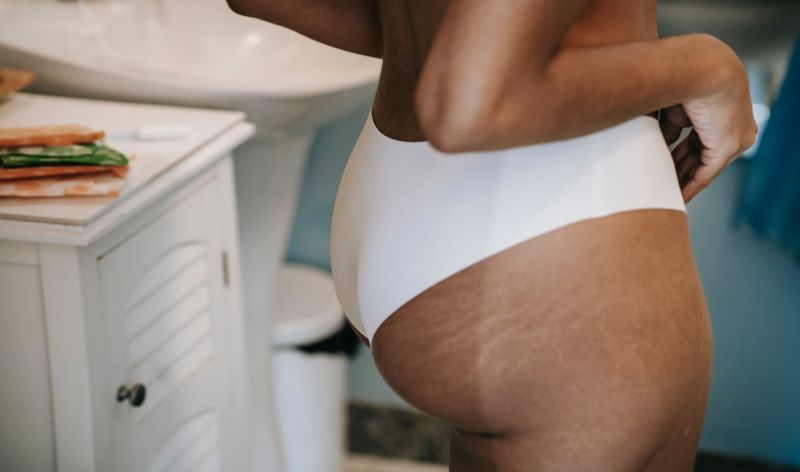Vaginal Odors Explained

There’s often much confusion surrounding how the vaginal area is supposed to look, feel, and even smell. To the dismay of some, it often has a more “fishy” or musky smell instead of something more pleasant. Depending on what’s going on with your body, the smell (and look) of this discharge can change due to factors such as hygiene, infection, and menstrual cycle. Many times this is completely natural, but if you notice a more unusual smell down there, it’s good to evaluate your daily habits and determine whether or not it is something serious. If you’re in doubt, use this guide to help you understand normal and abnormal smells, their causes, and what to do about them.
Types of Smells and Their Causes
Fishy
This is a commonly noted odor around the vaginal area and can range from a slight scent to a very noticeable one. In general, having this odor is harmless and normal, however, if the smell is very strong it may be a symptom of bacterial vaginosis, which can be treated by a doctor and some antibiotics.
Musky
You may notice this smell after a long day or after a workout. This odor is typically caused by a buildup of trapped sweat and discharge. To avoid this, make sure to change your underwear after an activity that causes a lot of sweating, such as exercise, and choose fabrics like cotton that allow for more airflow.
Metallic
This smell most often occurs during your period, when blood is present in the vaginal area. It is no cause for worry unless you notice some abnormal bleeding in the area, in which case, it would be a good idea to consult a doctor.
Sweet/Tangy
This is another normally occurring smell that is most likely to do with the type of foods you are eating. It can also be a result of changing bacteria levels down there, which can slightly alter your pH balance and subsequently, the smell.
Rotten
This strong smell is generally the most concerning or disgusting-smelling. It can occur when you leave a tampon inside for too long and bacteria start to grow. This can not only be the cause of such an unpleasant smell, but also more serious and concerning symptoms. When wearing tampons, make sure to be diligent about changing them and don’t forget about them, or you will have to deal with an unpleasant situation.
Chemical
Some people also describe this smell as being “bleachy.” In this case, the cause may be a small amount of urine that is present in the area, or the early signs of a bacterial infection. In many cases, the smell may fade on its own, but otherwise, you may want to check in with a doctor.
Treatments
In general, the best thing to do is to practice good hygiene and keep your vaginal area clean. Rinsing the area with water can often be sufficient, as the vagina is self-cleaning, but if you need a little extra help, try using a gentle, unscented soap around the outside of the vagina only. You should also avoid douching products, which can upset the pH balance of the vaginal area and do not solve the problem.
Eating well and staying hydrated can also help with regulating odors down there. Try some probiotics, which can not only benefit your gut, but also can help prevent yeast infections.
Additionally, you should ditch undergarments that are made of synthetic materials, and those that are extremely tight-fitting. Looser clothing made from natural fibers will help increase the airflow and keep any unwanted smells to a minimum.
Finally, if the smell becomes stronger over time (especially if it is an abnormal one) or you experience other concerning symptoms, do not hesitate to see a doctor. The important thing is understanding and responding to the messages your body is sending.
